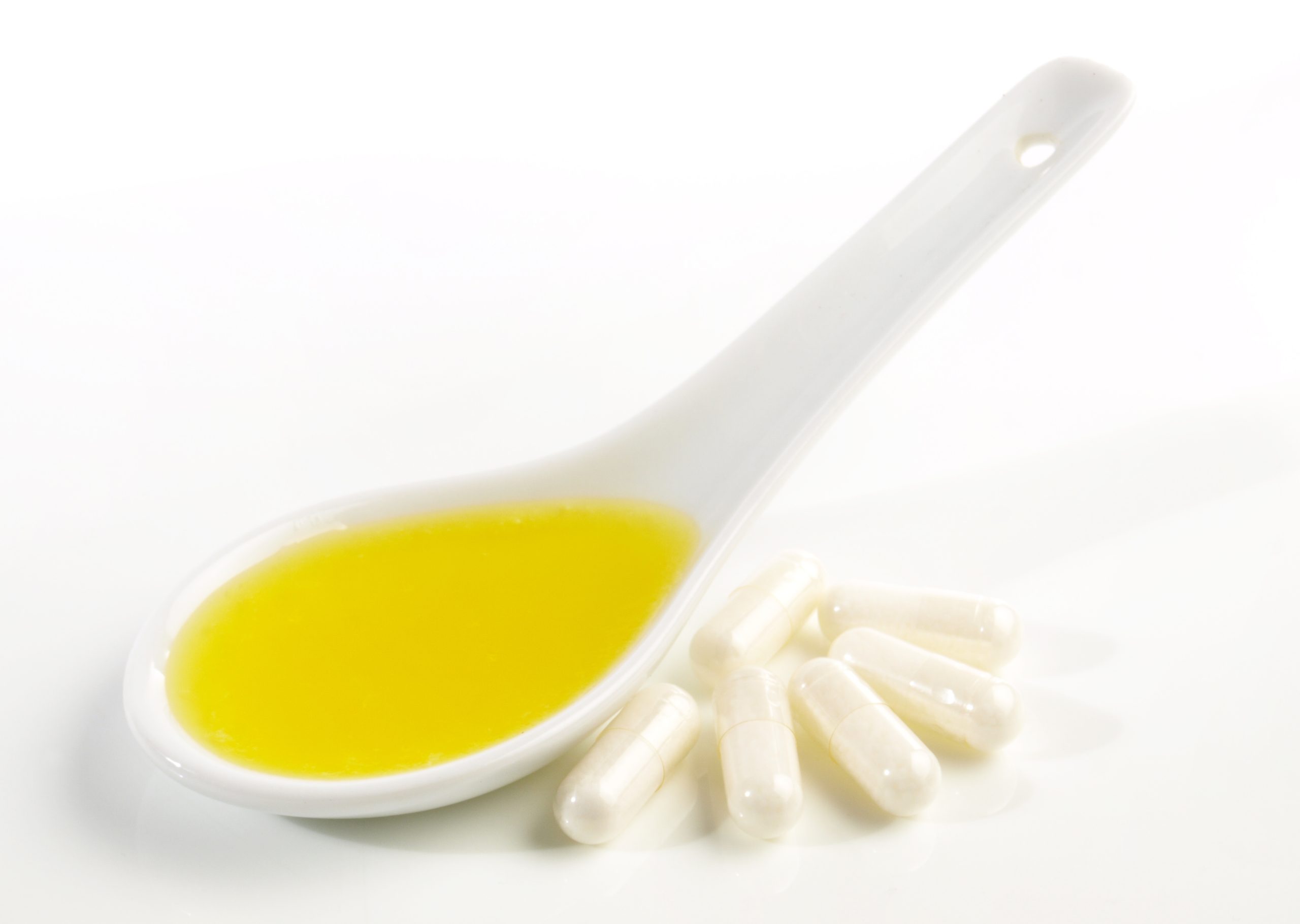How It Repairs Your Gut
Gut health has become a hot topic in recent years, with more and more research revealing the crucial role our digestive system plays in overall health. One key player in maintaining a healthy gut is butyrate, a short-chain fatty acid produced by the fermentation of dietary fiber by gut bacteria. This remarkable compound is not only essential for gut health but also offers a host of benefits that extend throughout the body.

But what exactly is butyrate, and how does it work to repair and protect the gut?
Let’s dive in.
What is Butyrate?
Butyrate is a short-chain fatty acid (SCFA) produced by beneficial bacteria in the gut, primarily from the breakdown of dietary fiber. It’s one of the most important energy sources for cells in the colon, particularly the epithelial cells that line the gut wall. These cells use butyrate to fuel their functions, such as maintaining the integrity of the gut lining, regulating inflammation, and supporting overall gut health.
How Butyrate Repairs the Gut
- Strengthening the Gut Barrier The gut lining serves as a protective barrier, preventing harmful substances from entering the bloodstream. Butyrate plays a key role in enhancing the integrity of this barrier by stimulating the production of tight junction proteins, which help seal gaps between cells. This reduces the likelihood of “leaky gut syndrome,” a condition where unwanted toxins and bacteria leak into the bloodstream, potentially leading to inflammation and other health issues .
- Promoting Mucus Production Butyrate also encourages the production of mucus, which coats the gut lining and protects it from harmful pathogens and mechanical damage. This mucus layer acts as a first line of defense against infections and helps keep the gut environment stable .
- Reducing Inflammation Chronic inflammation is linked to numerous gut-related conditions, including Crohn’s disease, ulcerative colitis, and irritable bowel syndrome (IBS). Butyrate has powerful anti-inflammatory properties, as it inhibits the production of pro-inflammatory molecules like cytokines. By calming inflammation, butyrate helps maintain a balanced immune response and reduces the risk of inflammatory bowel diseases .
- Supporting a Healthy Gut Microbiome A healthy gut microbiome is essential for digestion, nutrient absorption, and immune function. Butyrate promotes the growth of beneficial bacteria while suppressing harmful ones, leading to a balanced and diverse microbial community. This balance is critical in preventing dysbiosis, a condition where harmful bacteria outnumber the good, leading to digestive and immune problems .
- Encouraging Healthy Cell Growth Butyrate doesn’t just strengthen the gut barrier—it also encourages the growth of new, healthy cells in the colon. By promoting cellular repair and regeneration, butyrate helps heal damage to the gut lining caused by inflammation, infections, or a poor diet .
How to Boost Butyrate Production
Butyrate production in the gut depends on consuming a diet rich in fiber, particularly prebiotic fibers. These fibers are fermented by beneficial bacteria in the colon, resulting in the production of butyrate. Foods high in prebiotic fibers include:
- Oats
- Bananas
- Garlic and onions
- Apples
- Legumes (lentils, chickpeas, beans)
Another way to boost butyrate production is by consuming fermented foods like yogurt, sauerkraut, and kimchi, which promote the growth of butyrate-producing bacteria.

Long-Term Health Benefits
The benefits of butyrate extend beyond the gut. Research suggests that butyrate can play a role in:
- Reducing the risk of colon cancer: Butyrate has been shown to induce cancer cell death and inhibit tumor growth .
- Supporting brain health: Butyrate’s anti-inflammatory properties may help protect the brain from neurodegenerative diseases like Alzheimer’s .
- Managing metabolic health: Butyrate may improve insulin sensitivity, helping to regulate blood sugar levels and reduce the risk of type 2 diabetes .
Should You Supplement with Butyrate?
While dietary fiber is the best way to naturally increase butyrate production, some people may benefit from butyrate supplements, especially if they have conditions like irritable bowel syndrome, Crohn’s disease, or other gut-related issues. However, it’s important to consult with a healthcare provider before starting any supplement.

Conclusion
Butyrate is a powerhouse for gut health, offering protection, healing, and overall balance. By focusing on a fiber-rich diet, you can naturally boost your body’s production of this vital compound, reaping benefits for both your gut and your overall well-being.
If you’re looking to improve your gut health, consider upping your intake of fiber-rich foods and fermented products.
A healthier gut means a healthier you, and butyrate is a key piece of that puzzle.
References
- Bourassa, M. W., Alim, I., Bultman, S. J., & Ratan, R. R. (2016). Butyrate, neuroepigenetics and the gut microbiome: Can a high fiber diet improve brain health? Neuroscience Letters, 625, 56–63.
- Peng, L., He, Z., Chen, W., Holzman, I. R., & Lin, J. (2007). Effects of butyrate on intestinal barrier function in a Caco-2 cell monolayer model of intestinal barrier. Pediatric Research, 61(1), 37–41.
- Nastasi, C., Candela, M., Bonefeld, C. M., et al. (2015). The effect of short-chain fatty acids on human monocytes. Immunology Letters, 161(2), 86–93.
- Louis, P., & Flint, H. J. (2017). Formation of propionate and butyrate by the human colonic microbiota. Environmental Microbiology, 19(1), 29–41.
- Gaudier, E., Rival, M., Buisine, M. P., et al. (2009). Butyrate enemas enhance MUC gene expression in the distal colon of rats. Digestive Diseases and Sciences, 54(2), 474–482





